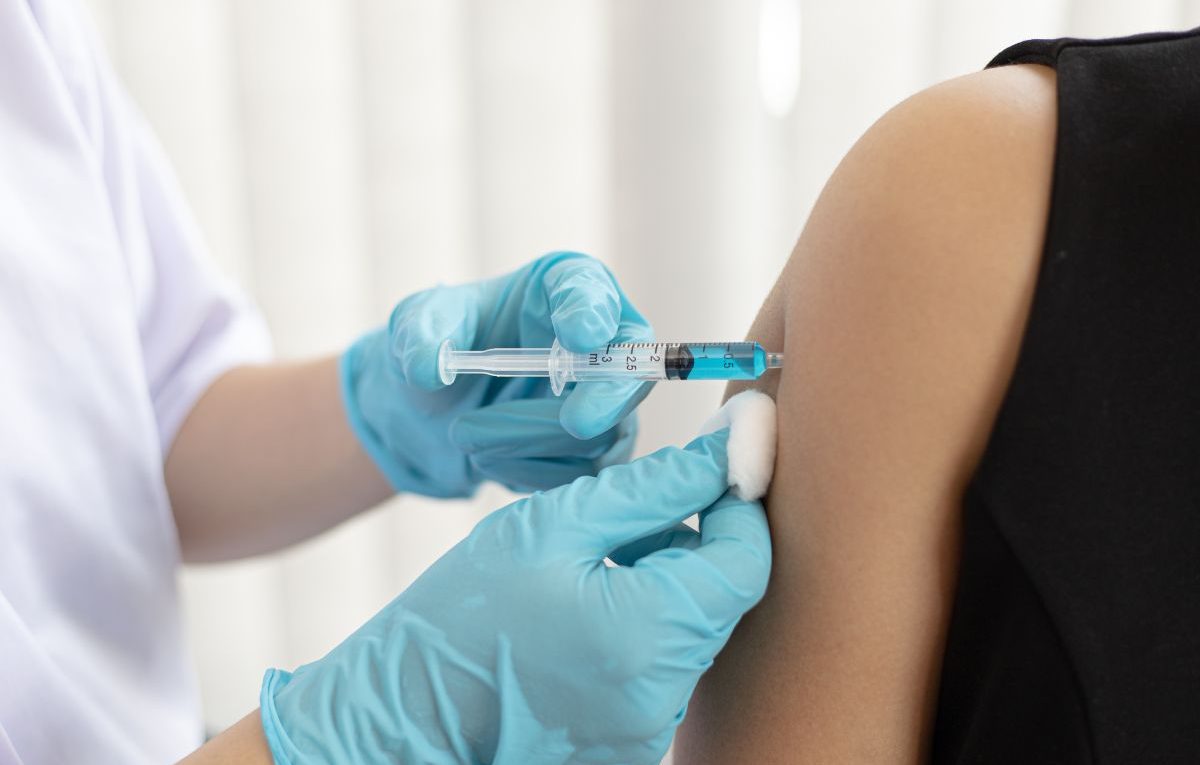Understanding Measles Vaccination Recommendations for Adults
In January 2024, the Spanish Ministry of Health’s vaccination program recommends the use of the MMR (Measles, Mumps, and Rubella) vaccine for measles immunization in adults. This vaccine is not only effective against measles but also provides protection against rubella and mumps, collectively known as parotitis. The vaccination protocol advises two doses administered at least four weeks apart, targeting individuals born after 1978 who haven’t had measles or a complete vaccination history.
Introduction to Measles Vaccination
Measles, a highly contagious viral infection, can lead to severe complications, especially in unvaccinated individuals. Recognizing the importance of vaccination, the Ministry of Health has outlined specific recommendations for adults, considering historical exposure and vaccine availability.
Historical Context of Measles Vaccination
Before the introduction of the measles vaccine in 1978, measles outbreaks were common, particularly in the pre-1970s era. With the inception of vaccination campaigns, starting with the monovalent measles vaccine in 1978 and transitioning to the MMR vaccine in 1981, immunization coverage gradually improved. However, widespread immunity wasn’t achieved until 1986.
Understanding Age-Based Vaccination Recommendations
The recommendation to target individuals born after 1978 stems from the assumption that those born earlier likely encountered measles due to higher disease prevalence before vaccination became widespread. While this assumption holds true for many, individual circumstances vary, and some may not have been exposed to the virus.
Importance of Measles Serology Testing
Serology testing can determine if an individual has antibodies against measles, indicating past infection. However, due to cost and the vaccine’s safety profile, routine serology testing isn’t recommended before vaccination. The MMR vaccine can serve as a booster, reinforcing immunity even in those previously infected.
Vaccination Strategies for Susceptible Individuals
For individuals without a history of measles or incomplete vaccination who have been exposed to the virus, prompt vaccination is crucial. Post-exposure vaccination within 72 hours can prevent or reduce the severity of the disease, given measles’ high transmission rate.
Contraindications and Consultation
While vaccination is generally safe, certain conditions such as pregnancy, immunosuppression, or prior vaccine allergies warrant caution. Consulting a healthcare provider is paramount to assess individual risk factors and determine the most suitable vaccination approach.
Ongoing Updates and Resources
Vaccination guidelines evolve based on emerging evidence and expert recommendations. Specialized platforms provide access to immunization manuals and medical society guidelines, ensuring healthcare professionals stay informed about the latest developments.
By adhering to these vaccination recommendations and seeking guidance from healthcare providers, individuals can contribute to measles prevention efforts and safeguard their health and the community’s well-being.
